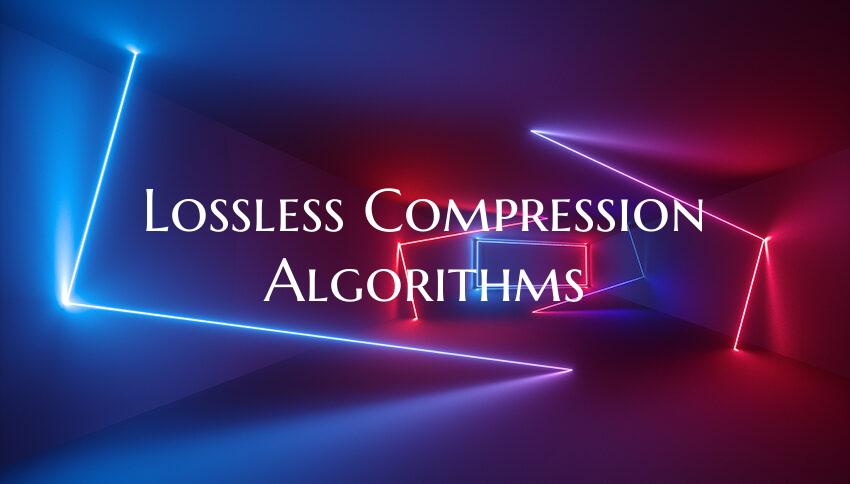Lossless Compression Algorithms
Lossless compression algorithms are essential tools used in various areas, including data storage, transmission, and processing, to reduce the size of digital files without losing any data. Unlike lossy compression, which sacrifices some data quality to achieve higher compression ratios, lossless compression ensures that the original data can be perfectly reconstructed from the compressed version.
There are several well-known lossless compression algorithms, each with its own approach to reducing file size efficiently. One common method is the Huffman coding technique, which assigns shorter codes to more frequently occurring data patterns, making the compressed file more efficient. Another popular algorithm is the Lempel-Ziv-Welch (LZW) method, used in formats such as GIF and TIFF, which replaces recurring patterns with references to previously seen data.
Lossless compression algorithms play a crucial role in optimizing storage space, speeding up data transmission, and improving overall system performance. They are widely used in applications like software development, image and video processing, medical imaging, and archiving to help save storage space and bandwidth while ensuring data integrity.
In conclusion, lossless compression algorithms are powerful tools that enable efficient data storage and transmission without compromising data quality. By implementing these algorithms effectively, organizations can enhance their data management processes, improve system performance, and optimize resource utilization.

